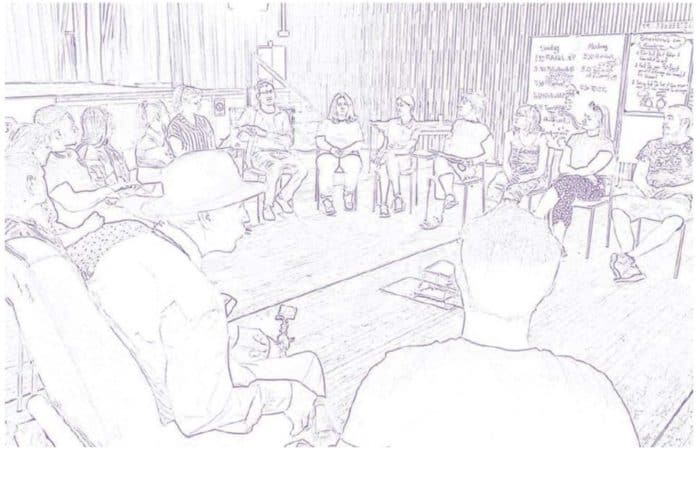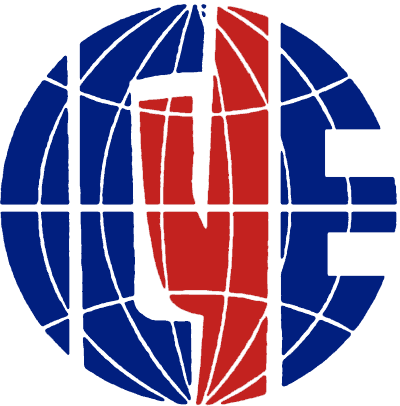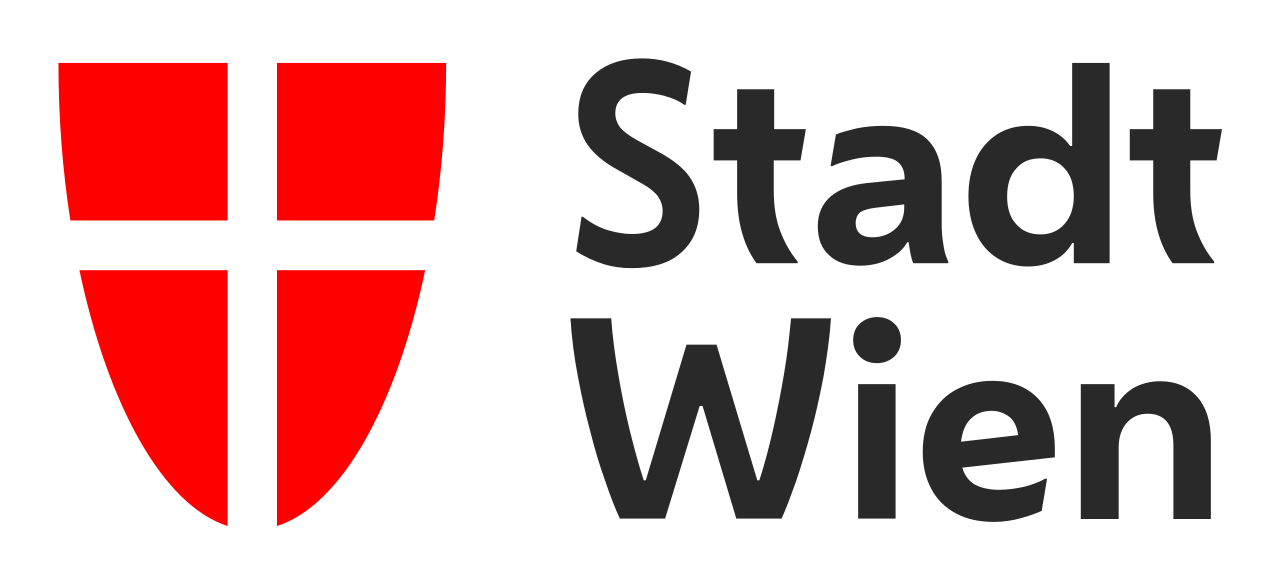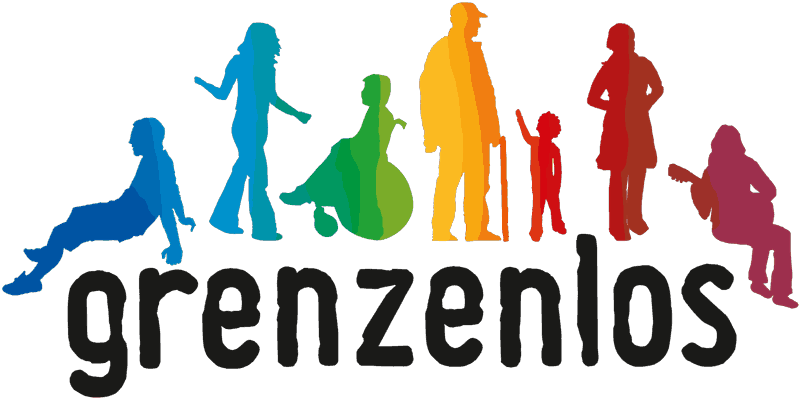Project Description
International mobilities are used unequally by young adults. Young adults with good educational opportunities benefit strongly from mobility programs, while young adults with disabilities and low educational opportunities are disadvantaged as participants. The activating methods of nonformal global learning used in international mobility make it difficult for these young adults to take part on an equal and inclusive basis. Also, young adults with educational disadvantages or disabilities can rarely use existing engagement opportunities and are largely excluded as multipliers and trainers in international non-formal educational activities.
Aims of the project
Within the framework of this project, concepts and methods are therefore being developed to:
* break the educational exclusivity of international mobility in the context of preparation, accompaniment and follow-up of non-formal education,
* promote the participation of young adults with educational disadvantages or disabilities in the development of non-formal education,
* show young adults with educational disadvantages or disabilities opportunities for engagement and enable them to function as multipliers and trainers themselves,
* implement new approaches of European non-formal educational work in the field of international mobility.
Target Groups/ Profile of participants
Direct participants of the project are pedagogues, trainers, multipliers and former volunteers who are involved in various formats of international mobility. This includes young adults with educational disadvantages or disabilities (people with intellectual, learning-related, physical, sensory or other disabilities as well as people with educational disadvantages – learning difficulties, language difficulties, early school leavers, low-skilled, young people with poor school performance).
Activities and methodology
The project was divided into four phases:
– Development phase: Basics, practices and methods are collected, exercises and learning modules designed and concepts developed.
– Trial phase: Inclusive, participative, and activating methods are prepared for the target groups and tested with test groups in the environment of the participating organisations. Conclusions for the further development of the modules and concepts are elaborated.
– Editorial phase: A method kit, a video tutorial, and a trainer concept are elaborated.
– Implementation and dissemination phase: Multiplier training courses for professionals, trainers, and multipliers are run to make the new methods known and to promote their application.
Results and where to download them
1) Inclusive Toolbox/ Method Toolkit for designing trainings and seminar for international mobilities:
The Method Toolkit is now available in DE, EN, and ES.
2) Training for Trainers for young adults with educational disadvantages or disabilities:
The Training for Trainers Manual is now available in DE, EN, and ES (will follow).
3) Video tutorial to support the learning and implementation: View
You can download all the PDFs on: www.inspiredbyinclusion.org
Project Coordinated by: WeltWegWeiser
Project Partners:
Bezev e.V. (Germany)
Grenzenlos (Austria)
NeoSapiens (Spain)
IN VIA (Germany)
This project has been funded with support from the European Commission.














